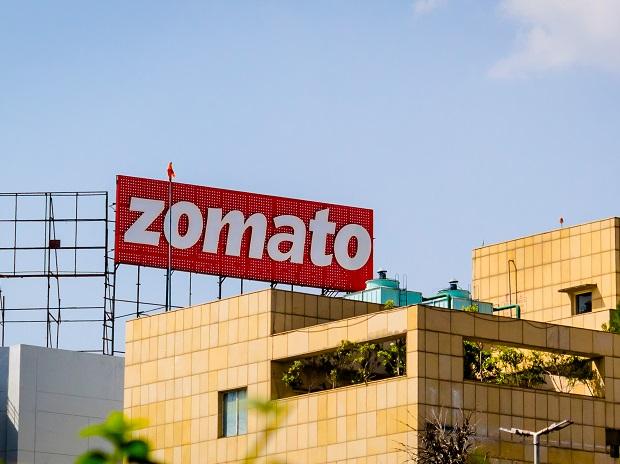Zomato Chief Delivers Pep Talk On Twitter Amid String Of High-profile Exits

Amid a string of high-profile exits from restaurant aggregator Zomato, Deepinder Goyal, the company’s CEO, said that there are more than 200 people at Zomato who have spent more than seven years at the company.
Addressing the firm’s ‘attrition problem’ on Twitter, Goyal said, “More than 50 per cent of the top 50 people at Zomato are more than seven years old at the company. Many of these folks are on their second (and third) stint at Zomato, and have been around since 2011/12.”
“We are proud of the high performance, culture driven organisation that we are creating, and will continue to look for high quality talent which wants to commit to a growth mindset, and extra-terrestrial performance,” he added.
The firm has recently witnessed a string of high-profile exits.
Last month, Zomato’s chief technology officer Gunjan Patidar, who was one of the original co-founders, resigned after a 10-year stint.
In November last year, Siddharth Jhawar, head of the company’s intercity delivery offering, Intercity Legends, had put in his papers.
A week later, head of new initiatives Rahul Ganjoo and co-founder Mohit Gupta also quit.
The most recent exit was of the head of Zomato’s dining business. Aman Priyadarshi resigned last week to join Sequoia-backed Kenko Health.
“Sometimes, for some people, the distance between their form (their mindset and skillset) and the company’s context becomes such that it is necessary to take a break from each other,” Goyal said in a regulatory filing, addressing the exits.
“We have so many people in senior leadership roles who are on their second (and third) stint at Zomato,” he said, adding, “The entropy our people create in the organisation by leaving and then coming back is fantastic, to say the least, and propels the organisation forward.”
In November last year, Zomato had laid off three per cent of its 3,800-employee workforce as part of a cost-cutting exercise.
The food aggregator does not have any plans to hire externally for the vacant roles.
“We are always on the lookout for great talent to join our team. We don’t hire people for the role, but for the organization. Our current people do not have the ego to want to continue in their roles if they find someone better than themselves for their roles. Holds true for me as well,” Goyal said.
“Having said that, we don’t have the need to fill these two spots; being in ‘continuous lookout for great talent’ is an attack tactic, not a defense tactic,” he added.
Stablecoin The Future Of Currency?
The payments system is undergoing a quiet but consequential shift. What was once the exclusive preserve of central banks... Read more
BoE Loosens Capital Rules
The Bank of England has taken a significant step towards easing post-crisis regulation by lowering its estimate of the c... Read more
Monzo Looks For US Banking License
Monzo is preparing a renewed push to secure a US banking licence, four years after abandoning its first attempt when tal... Read more
Crypto Firms Push Into US Banking
America’s cryptocurrency companies are scrambling to secure a foothold in the country’s traditional banking system, ... Read more
Parallel Banking: Stablecoins Are Now Global
Parallel Banking: How Stablecoins Are Building a New Global Payments SystemStablecoins—digital currencies pegged to tr... Read more
JPMorgan Deploys AI Chatbot To Revolutionize Research And Productivity
JPMorgan has deployed an AI-based research analyst chatbot to enhance productivity among its workforce, with approximate... Read more

